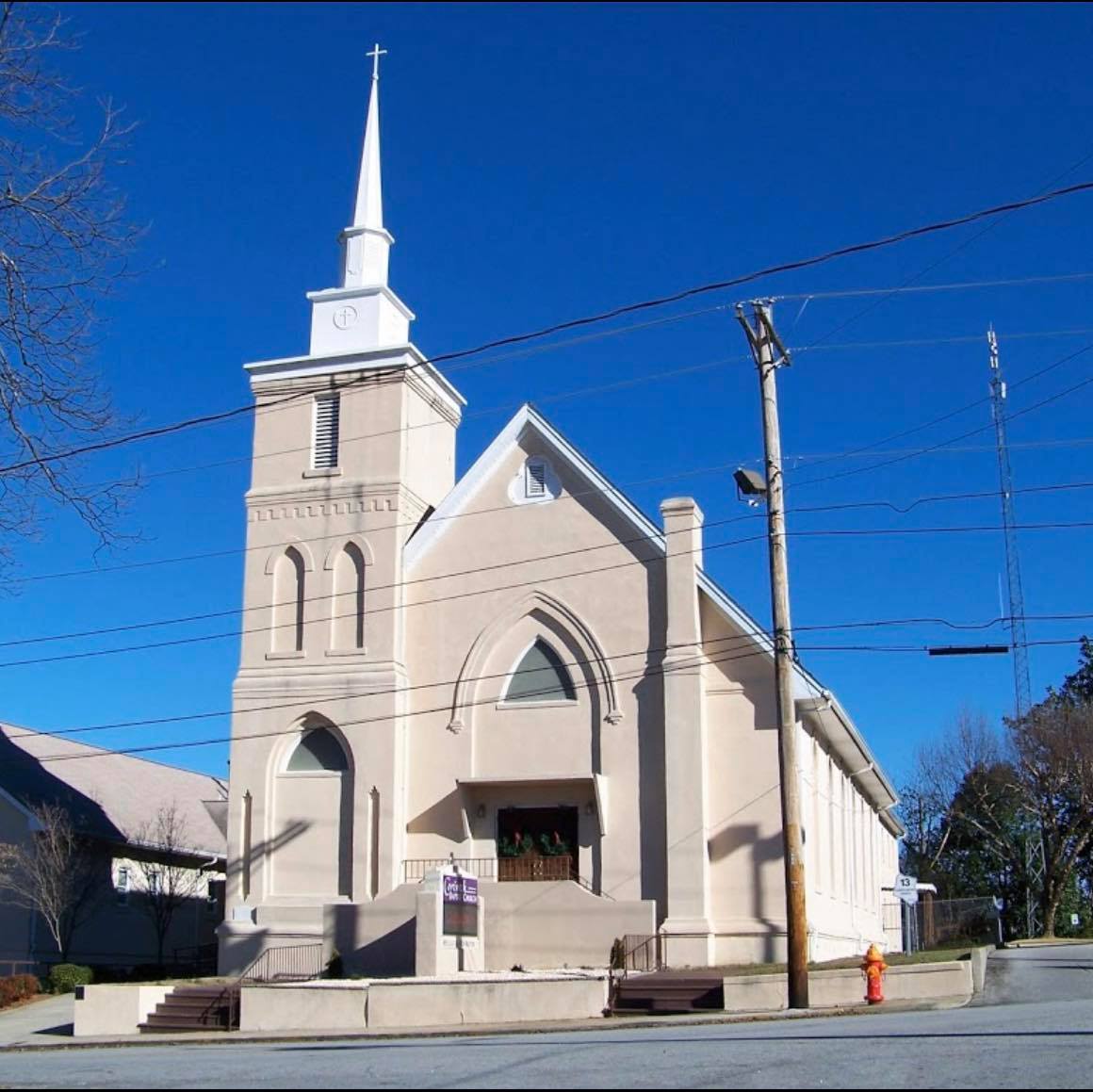By: Pamela Garner Sloss
May 30, 2024
The Learning Lab series provides practical tips, advice, and guidance on specific historic preservation topics that are relevant to African American preservation projects. We hope these posts help community members and leaders better navigate the complexities of historic preservation work successfully.
| Short Description of topic |
| African American churches play a fundamental role in our communities. Foundational to African American religious, political, economic, and social life, African American churches continue to inform and shape African American identity today. They serve as houses of worship, as well as social centers, safe havens and cultural repositories, and provide vital social services and spaces that uplift their communities. African American churches promote economic development, strengthen community ties and foster growth for future generations. Preserving church history is important to making connections to wider historical contributions by individuals who are African American. |
- Regular upkeep and building maintenance. Regular weekly cleaning. Periodic deep cleaning and systematic maintenance on the structure itself. Major undertakings, such as steeple repair/replacement, roof repair, wood preservation and HVAC system maintenance/upgrades. Fiscal responsibility is important to maintain monetary assets for incidental costs related to the building.
- Maintaining meeting minutes. Maintaining accurate meeting minutes can help to create a historical footprint for events in church history. It can also create a relationship that is documented by date in relation to historical community and world events. Minutes should document members who are present and also in leadership positions, as well as decisions and actions made.
- Sermon recordings and manuscripts. Sermon recordings and manuscripts can document individual leaders and speakers and their notes as they relate to historical events.
- Oral and written history. Oral histories are a valuable tool for capturing and preserving information about historical events, major developments in Church units, lives of individual members, testimonies, and memories that may otherwise be lost. Written history was not as prevalent for African Americans. Therefore, we have relied on the stories passed along over generations of time. History, whether oral or written, can reveal stories of the African American church’s struggle to prosper, with setbacks and successes. Written history and transcription is important so the stories can be easily shared with future generations and researchers.
- Physical artifacts and documents. Most important in this category are deeds, mortgages, property abstracts, and insurance policies that might need to be kept in a safe and secure location. It is also important to maintain photographs, church programs, and documents from church events.
- News articles. Local newspaper articles can help piece together and corroborate the history and community connections of the church to historic events. Newspapers may carry the obituaries of church members or announcements of engagements, weddings, or other special events in the life of the congregation or its members.
- Member interviews. Records from individuals help to preserve anecdotal information that can provide a more personal history of church events and celebrations. Interviews can capture the history of the church as viewed through the lives of its members.
- Cemetery Records. Cemetery records may have a significance for research purposes, especially for family history. As gravestones deteriorate, confusion might develop if the written record of cemetery plots is lost.
- Baptismal/Member records/lists/directories. Knowing the date of baptisms or memberships of ancestors can be very valuable historically. The composition of a congregation at various points in time would often be valuable in representing the church’s history. Directories give future historians access to full names, family members, addresses, and other information about the congregation that’s useful to their research.
- Family histories. Family records and documents can reveal deep relationships to the church. Certain families may have frequent connections to the church that can contribute to church history. Family reunions also tend to incorporate the church in annual and semi-annual gatherings.

